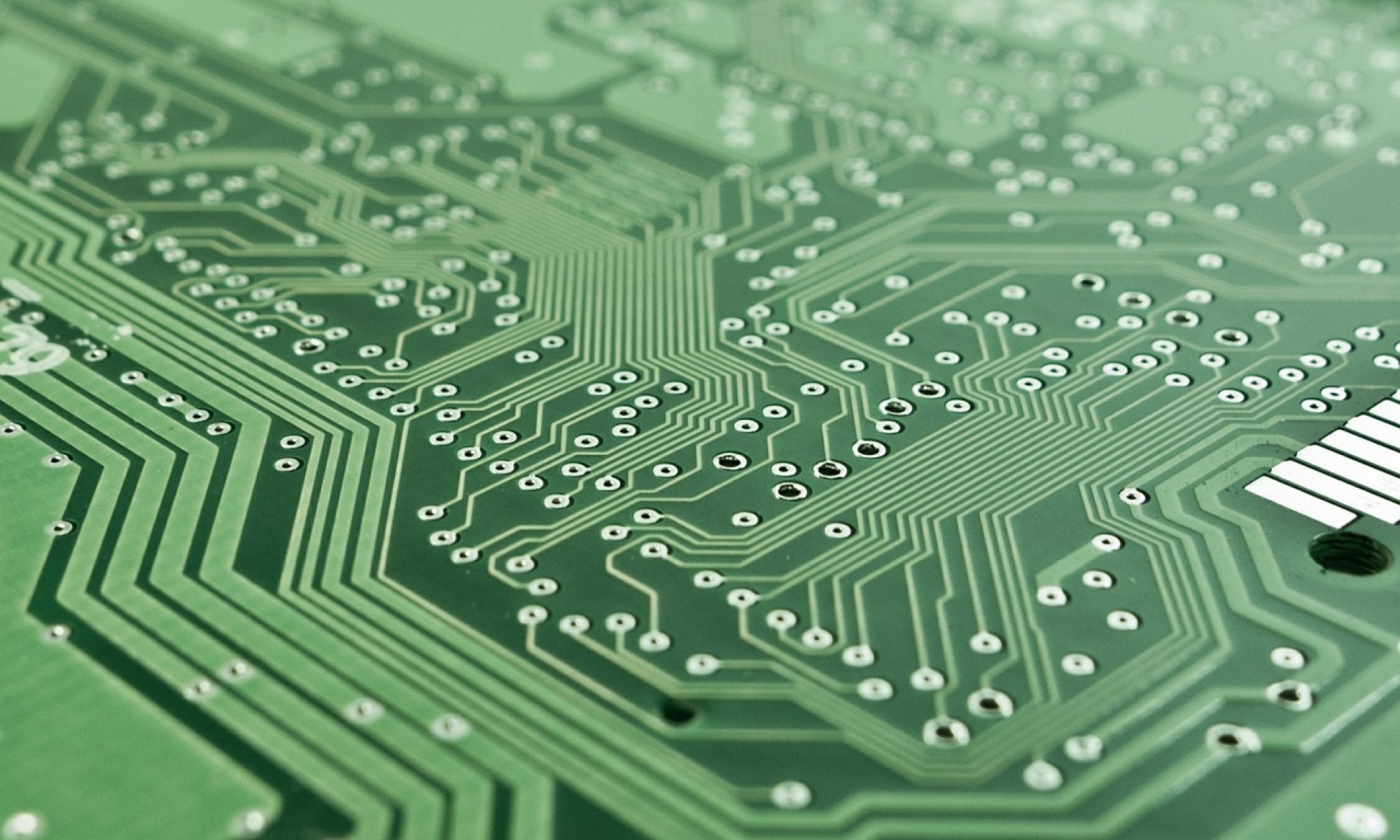 Last week, Best Buy announced that it would no longer be offering free recycling of televisions and monitors through its in-store collection program. The retailer is now charging a fee of $25 for each TV or monitor–whether they are flat screen or the older, bulky CRT monitors that contain leaded glass–in most states.
Last week, Best Buy announced that it would no longer be offering free recycling of televisions and monitors through its in-store collection program. The retailer is now charging a fee of $25 for each TV or monitor–whether they are flat screen or the older, bulky CRT monitors that contain leaded glass–in most states.
According to the announcement, in Illinois and Pennsylvania, “we are no longer recycling these particular products because of laws that prevent us from collecting fees to help run our program. All other products – such as batteries, ink cartridges, computers, printers and hundreds of other items – continue to be recycled for free at all of our stores.” However, there is an exception to this complete discontinuation of the company’s recycling service for these products in IL, as noted in the latest version of the Electronics Recycling Guide for Residents of or nearby Champaign, County, IL: “If a Best Buy customer purchases a 55″ or larger TV from Best Buy and has it delivered to their home, then Best Buy will take back one TV for recycling. Or, a person may sign up at Best Buy’s home theater section, pay $100 for a television pick-up, and then Best Buy would arrange to pick-up and recycle a TV from a residence.” (Thanks to Susan Monte of the Champaign County Regional Planning Commission and Courtney Kwong of the City of Urbana for this information. It should also be noted that the Champaign County Regional Planning Commission is also seeking approval and authorization of funds to host county electronics collection events in the spring. Decisions regarding such funding will be made later this month, and if county collection events are scheduled, information on those collections will be shared on the Sustainable Electronics Initiative web site.)
Best Buy has been a leader in offering electronics recycling for many years–it has collected more than a billion pounds of electronics and appliances since 2009. The company’s leadership will continue in terms of recycling other consumer electronics, but recycling is driven by commodity prices. Old cathode-ray tube (CRT) monitors were surely a large part of the TV and monitor recycling stream coming into Best Buy stores, and since these monitors aren’t really manufactured any more, there’s less demand for the leaded glass they contain. This makes handling these hazardous materials a costly prospect for recyclers, and as time goes on, more and more recycling programs are ceasing the acceptance of monitors and TVs, or adding restrictions.
However, CRTs aren’t the only issue here, as Resa Dimino, Senior Advisor for the Product Stewardship Institute, pointed out in an opinion piece for Resource Recycling this week. Best Buy is charging for flat screens as well, so its clear that costs associated with recycling those types of devices are also proving too much for the retailer to continue to offer for free nationally. This counters the argument made by some that once the problematic CRTs have been cleared from the system, electronics related Extended Producer Responsibility (EPR) laws that hold manufacturers responsible for safe and proper disposal of their products, will no longer be needed as the value of other materials in the recycling stream covers the costs of collection and processing. Dimino further notes that EPR laws are only effective when they’re fair and equitable–flaws in current legislation allow some manufacturers to step back while a few manufacturers and retailers (like Best Buy) take up the slack, shouldering more than their fair share of financial responsibility for sustainable management of materials. Also, local governments cannot afford to pay for provision of electronics recycling to residents. All of this suggests, according to Scott Cassel of the Product Stewardship Institute, “it’s time to revisit the nation’s 25 state e-scrap laws to ensure that all manufacturers are equally responsible for electronics recycling.”
Barbara Kyle of the Electronics TakeBack Coalition suggested the following in her blog post on Best Buy’s recycling policy change: “The solution here would be for the manufacturers – particularly the TV companies – to visibly partner with Best Buy to cover some of the recycling costs, and to make sure that responsible recycling occurs. The TV companies, who are always challenged by finding collection sites, could take advantage of the chain’s huge network of stores, which are very convenient collection points for most consumers. This would be an ongoing national partnership program, in every state, in every store, co-marketed by the retailer and the industry. This could also be established with Walmart and their huge network of stores. While Amazon doesn’t have stores, there are many ways in which they could help to be part of the solution.” Perhaps if there is pressure from consumers on electronics manufacturers and other big retailers, this sort of scenario could happen.
For more information on the stewardship of electronics and other consumer products in our state, see the Illinois Product Stewardship Council web site. Also see the IL EPA site for information on our current state electronics recycling law.






